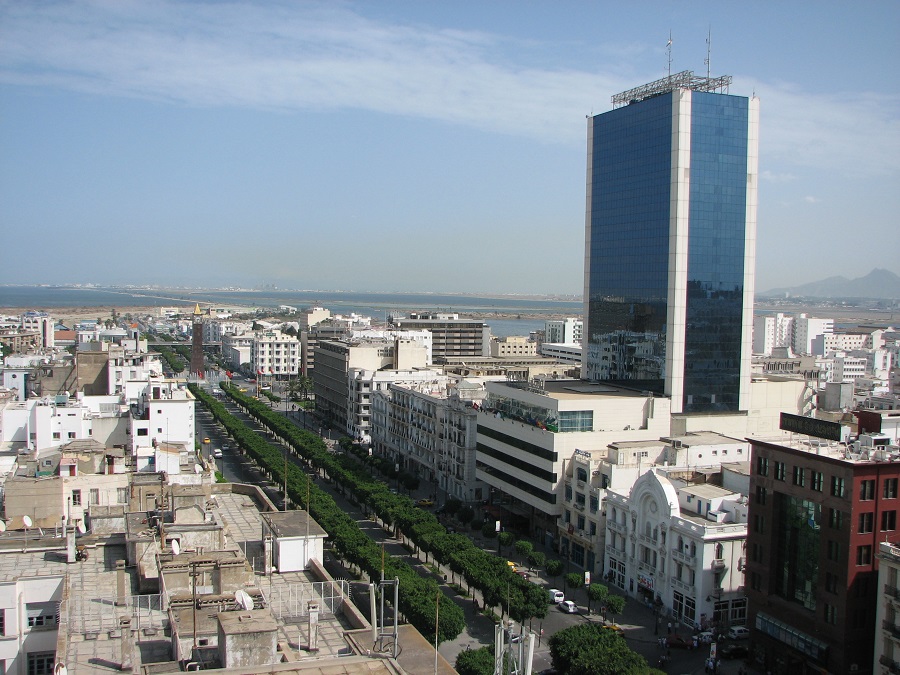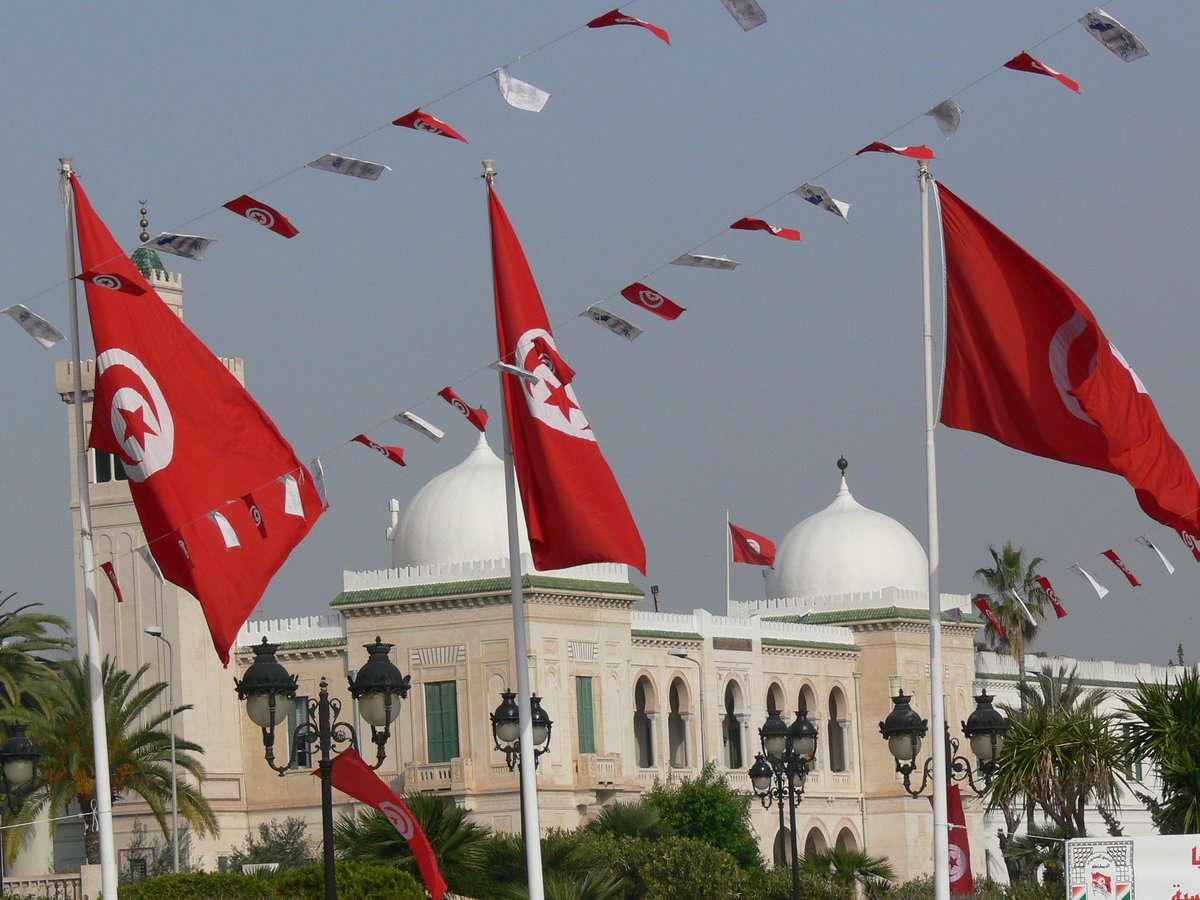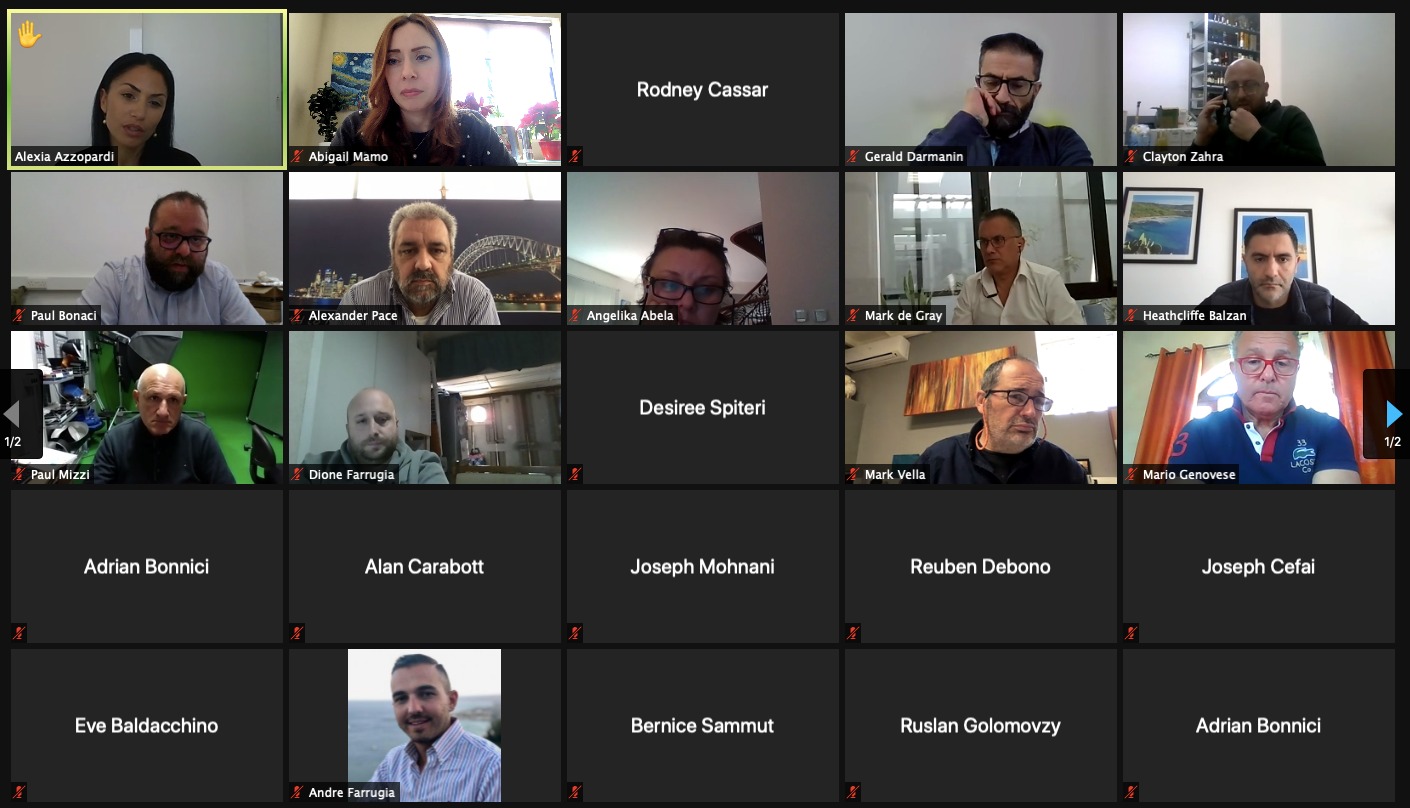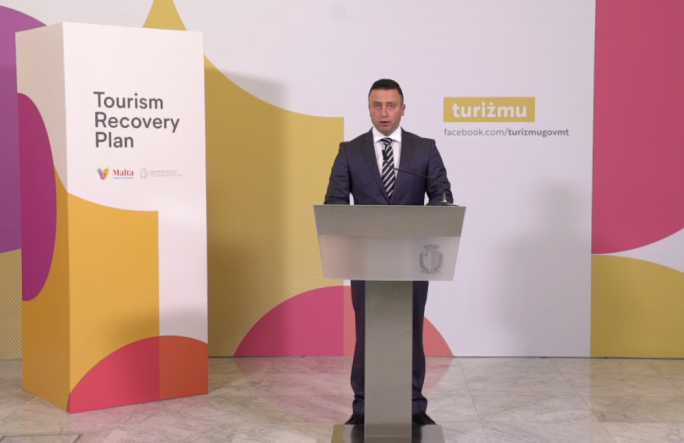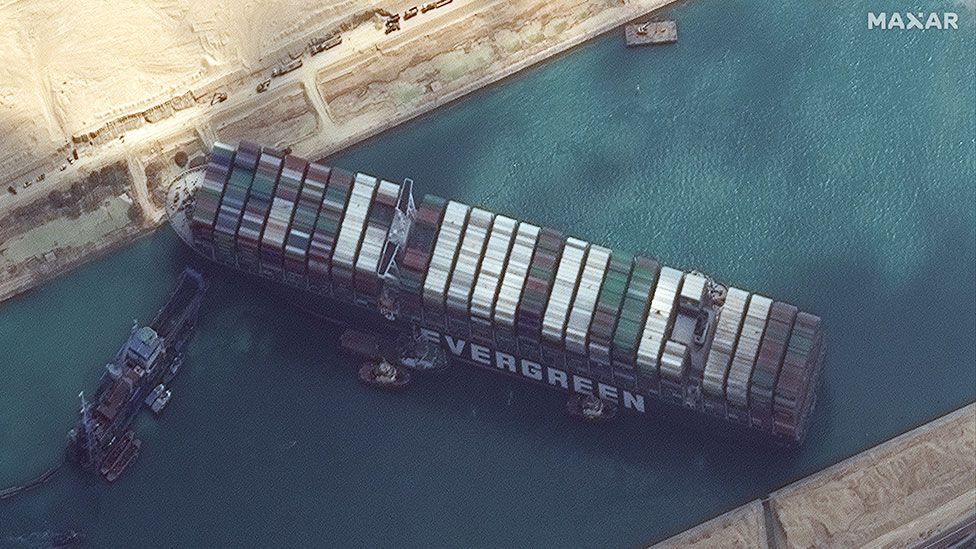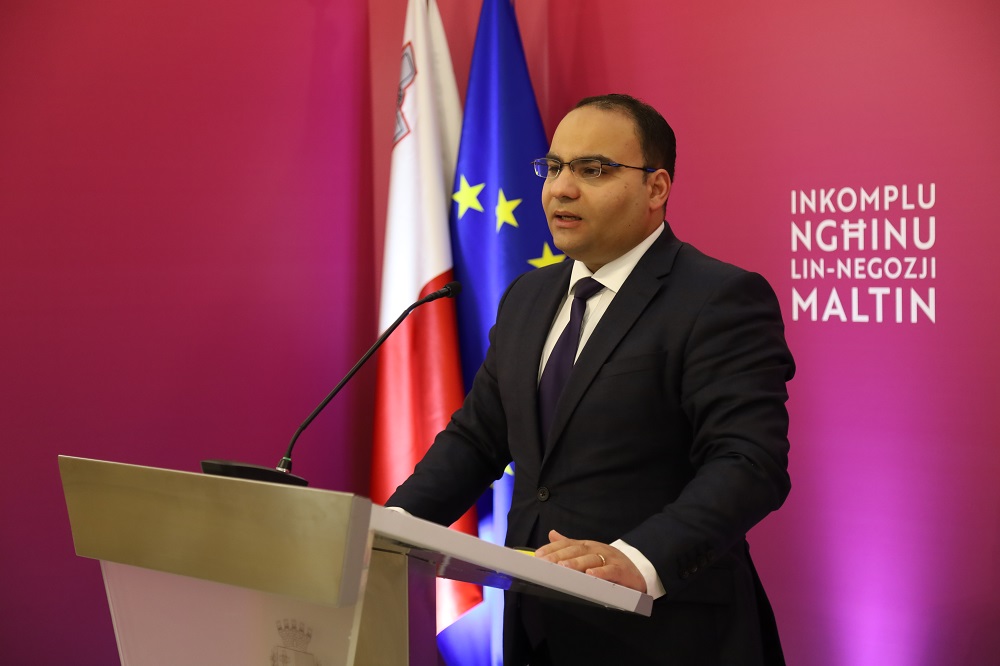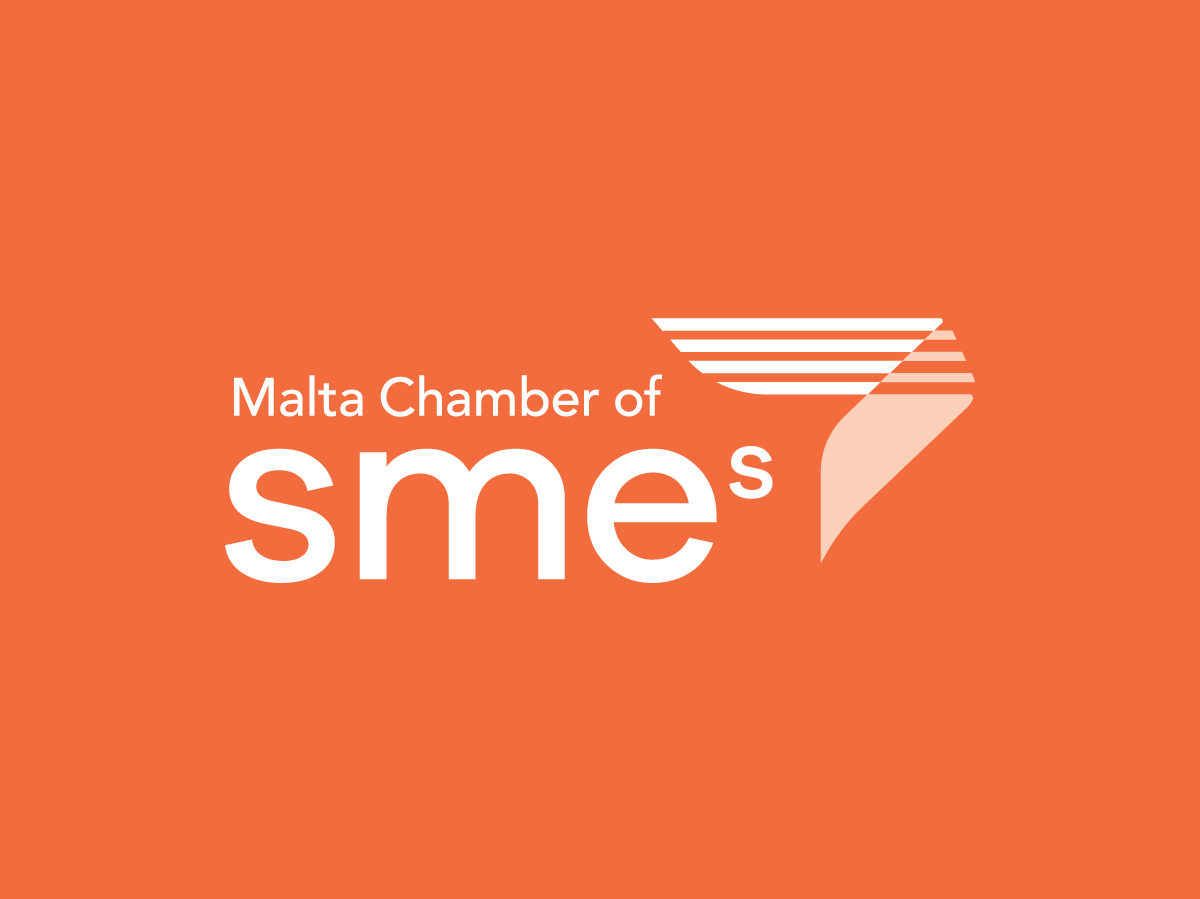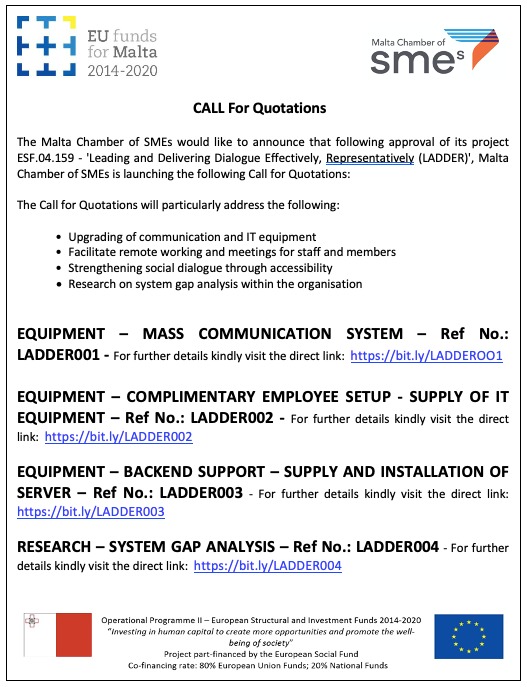As Monday 15th March the legislation governing the updated CSP act came into force. With this new act a number of new requirements for operators have also come into force.
This follows months of consultation sessions and meetings held with authorities together with CSP committee members.
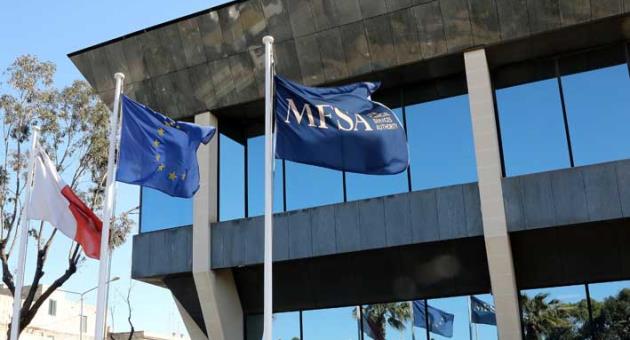
The below are the main changes that came into force.
New Classes:
Current and new CSPs will no longer be able to provide all services, by way of business as currently listed under the CSP Act.
CSPs will now be listed under one of 3 classes.
- Class A: Will be allowed to provide by way of business: : (i) formation of companies or other legal entities; and/or (ii) provision of a registered office, a business correspondence or administrative address and other related services for a company, a partnership or any other legal entity.
- Class B: Will be able to provide by way of business to third parties to act as or arranging for another person to act as director or secretary of a company, a partner in a partnership or in a similar position in relation to other legal entities.
- Class C: Will be allowed to provide, by way of its business, all of the services of a company service provider specified in the definition of “company service provider” i.e. all CSP related activities.
Exemption for Warranted Professionals:
Those currently operating under the exemption clause (advocate, notary public, legal procurator or certified public accountant) can no longer operate under this clause and will have to obtain authorisation. Current operators will be given 2 months to submit an initial application (interests to obtain authorisation). Warranted professionals have till the 15th of May to submit their application.
Following application, within 6 months, the authority will inform the applicant whether a full or provisional authorisation is given. This will depend on the level of check and if any due diligence will be required to be carried out by the MFSA. Please note that during this period the applicant will still be able to operate.
Should the authority decide to provisionally authorise the applicant, the applicant will be given an additional 12 months to come in line with any relevant conditions. Once again, the applicant will be able to continue to operate subject to coming in line with the recommendations within this stipulated period.
Should a registered accounting firm, or any other warrant holder, does not apply within the two-month application window, then it cannot operate following the two months. As per legal notice coming into force today the 16th March 2021, a firm can only operate until the 15th May 2021. In this case, it is imperative that all relationships are duly transferred before this date.
Under Threshold CSPs:
Following a number of concerns raised from our end on issues relating to proportionality, MFSA have created two under threshold classes to cater for individuals who do not wish to obtain the full licence given the administrative burden and given that their client base is small.
MFSA are therefore offering two different under thresholds possibilities:
Under threshold Class A CSPs: Refers to individuals or civil partnerships in possession of a warrant, or equivalent, to carry out the profession of advocate, notary public, legal procurator or certified public accountant whose revenue from corporate services forms, or is forecast to form, in the upcoming year, not more than: [a] 35% of the combined total revenue in a calendar year from the provision of all professional services; or [b] EUR100,000, whichever is the higher. Provided that this category may not provide the service of office, a business correspondence or administrative address and other related services for a company, a partnership or any other legal entity.
Under threshold Class B CSPs: Refers to individuals who hold an aggregate of not more than ten (10) involvements. Provided that for the purposes of this definition: [i] the term involvements shall encompass acting as director or company secretary of a company, a partner in a partnership or in a similar position in relation to other legal entities; [ii] involvements with entities which are licensed, recognised or otherwise authorised by the Authority shall not count as an involvement given that individuals holding directorships or company secretarial positions in companies which are so licensed, recognised or authorised by the Authority are not considered as providing directorship or company secretarial services by way of business , for the purposes of authorisation in terms of the Act; [iii] involvements of the same person within the same group of companies shall only count as one single involvement.
Currently Authorised CSPs
As mentioned in our previous emails, CSPs currently authorised under the MFSA are already subject to a number of onerous requirements. Currently authorised CSPs therefore do not need to re-apply. Therefore, in such cases no action is needed and MFSA will be getting in touch directly.
Exemption from the CSP ACT
The CSP act exempts a number of entities who are either regulated under other legislation and are therefore exempted for the purposes of the requirement of authorisation for company service providers in terms of article 3 of the Act and shall accordingly be exempted from complying with the provisions of the Act. These include persons authorised to act as trustees or provide fiduciary services or VFA agents. The full list can be found here: https://legislation.mt/eli/ln/2021/105/eng
Trustees, other fiduciaries and VFA Agents providing CSP Services
MFSA have issued a circular specifically addressed at persons authorised to act as trustees or to provide other fiduciary duties in terms of the Trusts and Trustees Act; and persons registered to act as a VFA Agents.
For this purpose, such persons referred to above are required to make use of the Company Service Providers Notification form which is downloadable from the MFSA website to submit such notification. This is a one-time notification, and no subsequent notifications will be required thereafter, unless the person ceases to carry out such an activity.
Notification should be made prior to carrying out the services of a company service provider within the meaning of the Act. However, if the persons referred to above, on the date of coming into force of the Exemption Regulations, were already carrying out such services, such persons are required to submit the notification to the MFSA on or before 16 May 2021.
Webinar
MFSA will be organising two webinars addressed to all professionals and practitioners whose activity will now fall under the scope of the new regulatory environment as explained in our previous communications.
During the webinars, MFSA officials will delve into the details of the reform and will provide all the necessary information about the new authorisation process affecting all warranted professionals and other individuals who were exempt in terms of the Company Service Providers Act as issued in 2013.
These webinars will be an excellent opportunity to raise any specific queries and also discuss further the context and the necessity of this reform as well as the general benefit for the industry, the clients and the Maltese jurisdiction.
Webinar 1: Thursday 15th April at 10:00 – Register Here: http://bit.ly/MFSAWEBINAR1
Webinar 2: Thursday 15th April at 14:00 – Register Here: http://bit.ly/MFSAWEBINAR2
Both sessions will have the same content and will be organised to meet the industry’s flexibility requirements. A certificate of attendance will be issued to all attendees who have joined the webinar with their personal details.

